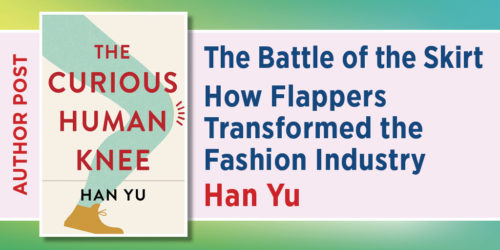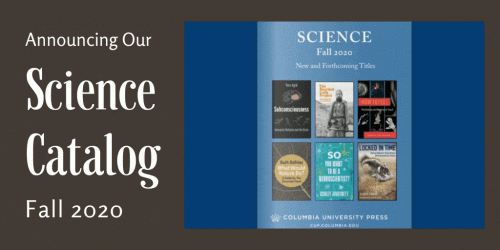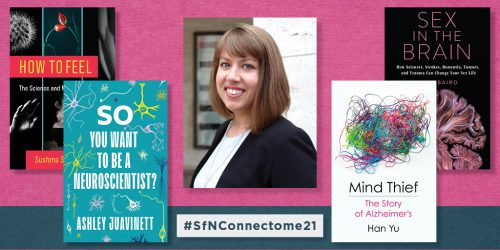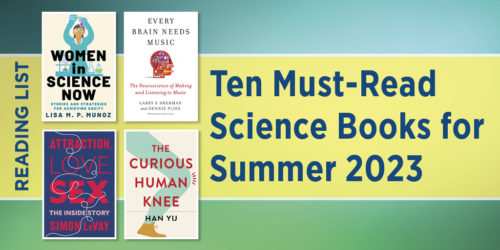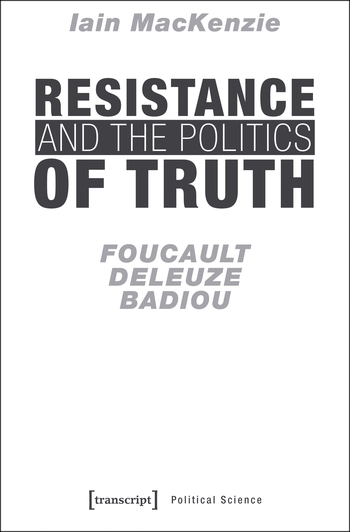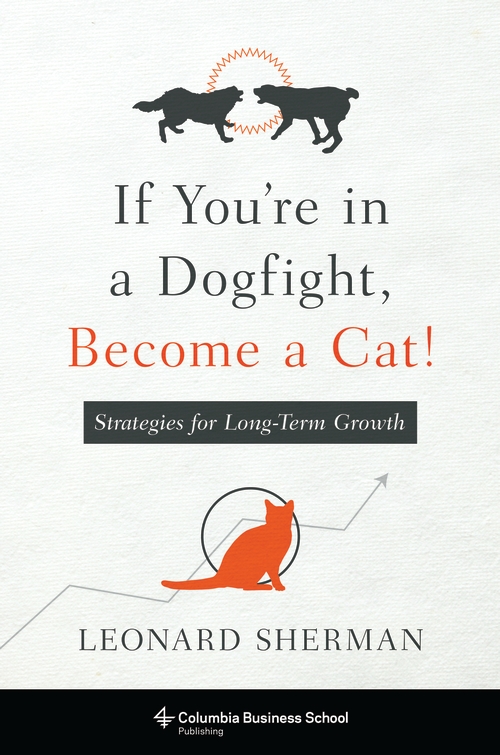Talking Alzheimer’s Research with Nonexperts
By Han Yu

Accomplished popular science. Yu delivers an expert account of the groundbreaking research that revealed the genetics and biochemistry of [Alzheimer’s] disease.
—Kirkus
In today’s featured SFN post, Han Yu introduces us to her forthcoming book, Mind Thief: The Story of Alzheimer’s, which provides a comprehensive and engaging history of Alzheimer’s that demystifies efforts to understand the disease.
• • • • • •
As a neuroscientist, you know all the stats about Alzheimer’s and how it is a leading cause of death in the U.S. Yes, COVID-19 is meddling with that ranking right now, but that’s going to change in due course. In that same period of time, though, we are not going to cure Alzheimer’s, even with the approval of PV-971 in China and the possible approval of aducanumab by the FDA. So, your good work in Alzheimer’s will continue for years (and, dare I say, decades) to come.
Whether you work on beta-amyloid inhibitors or tau vaccines or metabolic treatments, you know how essential your work is. But, chances are your nonscientist families and friends don’t know that. I mean, yes, they trust that you are doing great scientific work, but they will be hard pressed to explain how your specific research may be the key to solving the mystery and human tragedy that is Alzheimer’s.
During this socially distanced holiday season, you were probably spared the awkward conversation of “what it is that you do,” but the time will come again when you must boil down complex neuroscientific research for a nonexpert.
You: Well, I work on Alzheimer’s, primarily on beta-amyloid, which accumulates in the Alzheimer’s brain.
Inquisitive mind: Beta . . . ?
You: Beta-amyloid. It’s a protein . . . well, not a protein per se. It’s like a fragment cut from a full-length protein. The problem is that it’s cut wrong.
Inquisitive mind: (Raises eyebrows, attempts to say something but stops uncertainly.)
You: You know what? That’s not important. The more important thing to know is that beta-amyloid aggregates into oligomers.
Inquisitive mind: Right, and that is . . . ?
You: An oligomer is an aggregate of monomers.
Inquisitive mind: Monomers?
You: . . .
Certainly, depending on your research focus, the conversation could go very differently.
You: Well, I work on Alzheimer’s, primarily through inflammation. In the Alzheimer’s brain, there is a lot of inflammation and . . .
Inquisitive mind: I thought it was about some proteins getting piled up in the brain. I read an article about it.
You: Well, that’s the conventional way of looking at it, the beta-amyloid and tau, which are . . . You know what? That’s not important. Let me tell you about microglia.
Inquisitive mind: Micro . . . ?
You: Microglia. They are a type of immune cells in the brain, and they have both pro-inflammatory and anti-inflammatory functions.
Inquisitive mind: (Raises eyebrows, attempts to say something but stops uncertainly.)
You: I know it sounds contradictory, but microglia have multiple activation states.
Inquisitive mind: Activation states?
You: . . .
OK, so maybe your families and friends aren’t this inquisitive, but you know what I mean: it takes a lot of explanations for people to appreciate the basics as well as the wider implications of your work.
Fortunately, help is on the way! Coming to the market March 2 is my new book Mind Thief: The Story of Alzheimer’s. In Mind Thief, I break down the intricacies of Alzheimer’s and recount its major research directions in an easily accessible (but not dumbed down) manner. Better yet, I do these through stories—gripping ones too, I’d like to think. You will meet a slew of characters and hear their stories: Alois Alzheimer (of course), but also his wife Cecilie Alzheimer and his boss Emil Kraepelin, the Volga Germans, John Hardy, Allen Roses, the PDAPP Mouse, Eli Lilly, placebo-turned-miracle drugs, resurrected vaccines, and more.
No matter their background, a reader will be able to follow through the science without feeling overwhelmed and pick up more than a thing or two. There will be something for you, the neuroscientist, too! You can savor the ways in which the science of Alzheimer’s has changed and progressed in different historical contexts and appreciate how science is intimately intertwined with the “nonscience”: for example, the strange anonymity of Alzheimer’s through much of the twentieth century, its gaining of national attention in the U.S. thanks to political maneuvers, and the good dose of rivalry, controversy, and self-interest among contemporary research camps.
So go ahead and get the book! It will be a pleasant intellectual meandering for your curious family members and friends. It will be a nice break for you from those literature reviews and research articles.
Save 20 percent on our conference titles on display when you use coupon code SFN at checkout from our website by March1, 2021.

